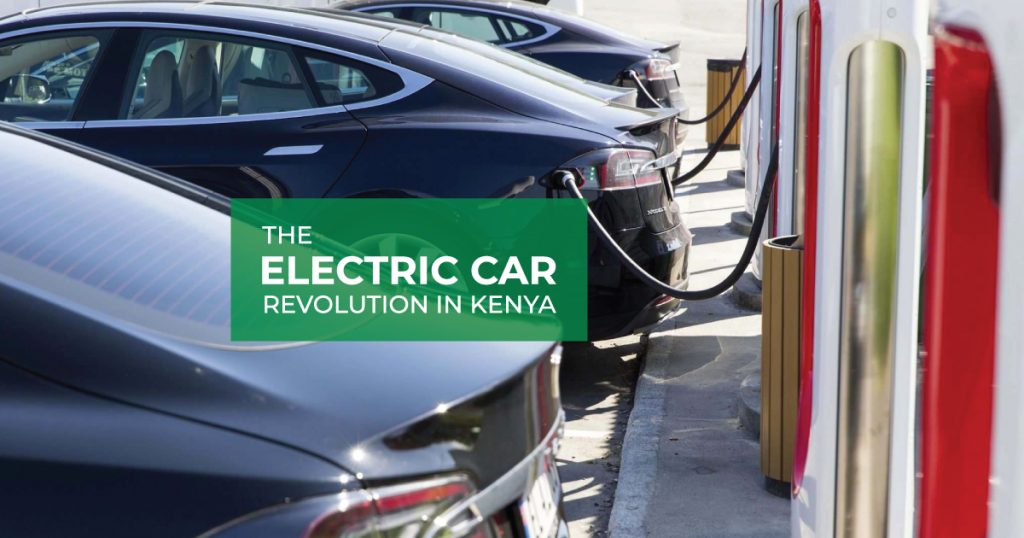Electric vehicles have for the longest time been a pipe dream for manufacturers due to their budget-draining costs on research and development, lack of adequate battery technologies to sustain range and charging infrastructure. This dream started back in the late ’80s when General Motors, Ford, Honda and Toyota began the ‘space race’ of developing sustainable and renewable sources of energy to power the automobile.
GM shelved its electric vehicle that was powered by solar panels. Toyota decided to go the hybrid route by combining gasoline engines with an electric motor with the Prius and Honda decided to explore the synthesis of Hydrogen with the FCX Clarity.
Fast forward to 2018 and the electric revolution is here. At the Paris International Motor Show, Volkswagen and Renault will launch two electric vehicles that envision the future of electric cars. It’s been a tough year for Volkswagen after the ‘DieselGate’ scandal yet they took the opportunity to spin the disaster into the blueprint of its 10-year strategic plan.
VW has promised to build the e-concept car by 2020 and committed to building 1 million electric vehicles by 2025. The concept has a range of 600 Kilometers and comes with all the latest driver assistance technologies one can think of.
Renault, on the other hand, will introduce its Zoe concept that is ready for production. It has a range of 400 kilometres and has energy regeneration systems to harvest power when braking. All said and done, it looks like the manufacturers have solved the range factor, but that’s just a part of the puzzle. Is Africa ready for the influx of these electric vehicles?
Currently, South Africa and Mauritius lead the pack in developing electric car charging facilities. Companies have begun to collaborate to build this system, for example, BMW and Nissan have a framework for building charging systems across South Africa to support their electric vehicles (BMW I series) and (Nissan Leaf).
We must acknowledge that Rome wasn’t built in a day but we shouldn’t bury our heads in the sand when it comes to adopting new technologies. Back home Toyota Kenya has been continuously testing the Prius Hybrid and full electric variants but has been shy to expose the product to the public. Unfortunately, as we are a country heavily dependent on grey imports we have seen many Toyota Hybrids, Honda and even BMW come in without any form of regulation.
The issue of disposing of the hybrid vehicle batteries raises the question of how safely can we handle the highly hazardous battery pack? It is of my considered opinion that all government agencies should sit together and come up with a policy framework to encourage clean energy adaptation and also take into account the ways and means of training stakeholders in harnessing the full potential of electric vehicles in Kenya.
